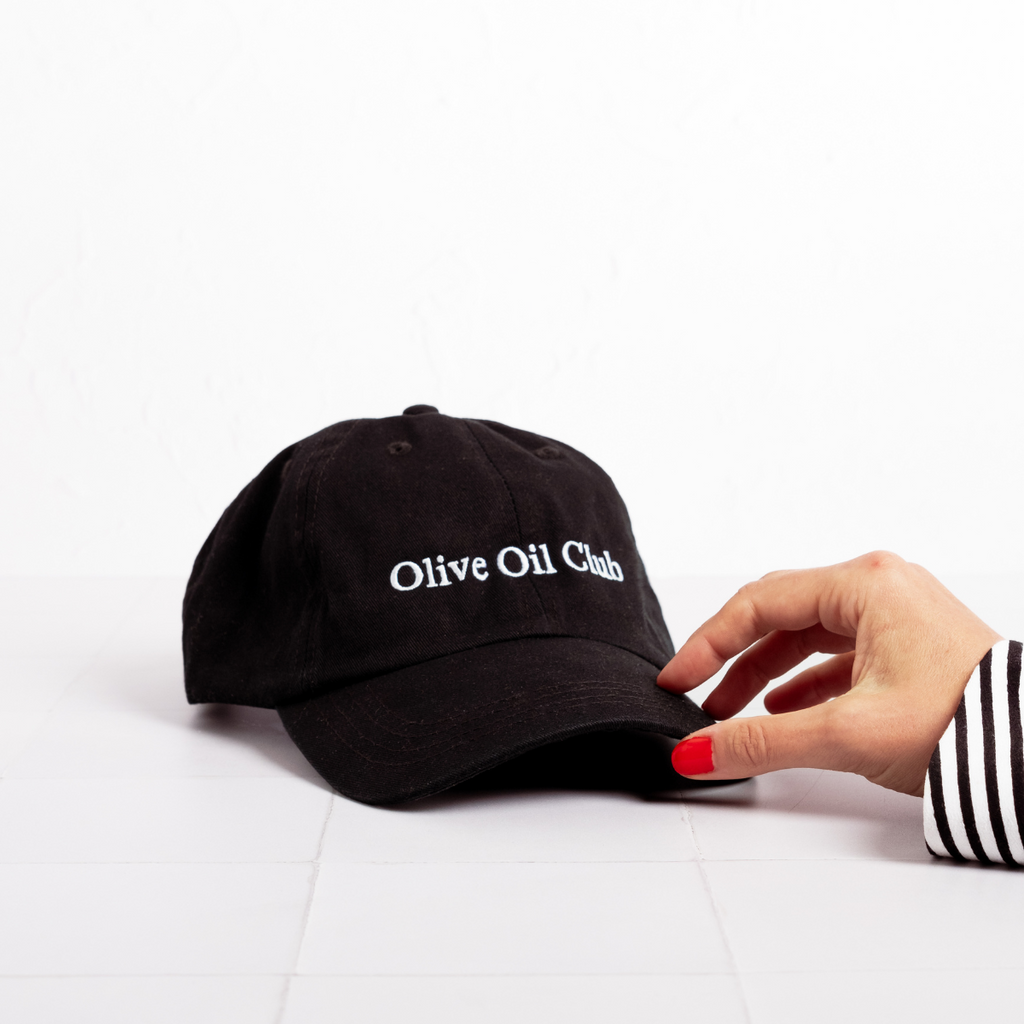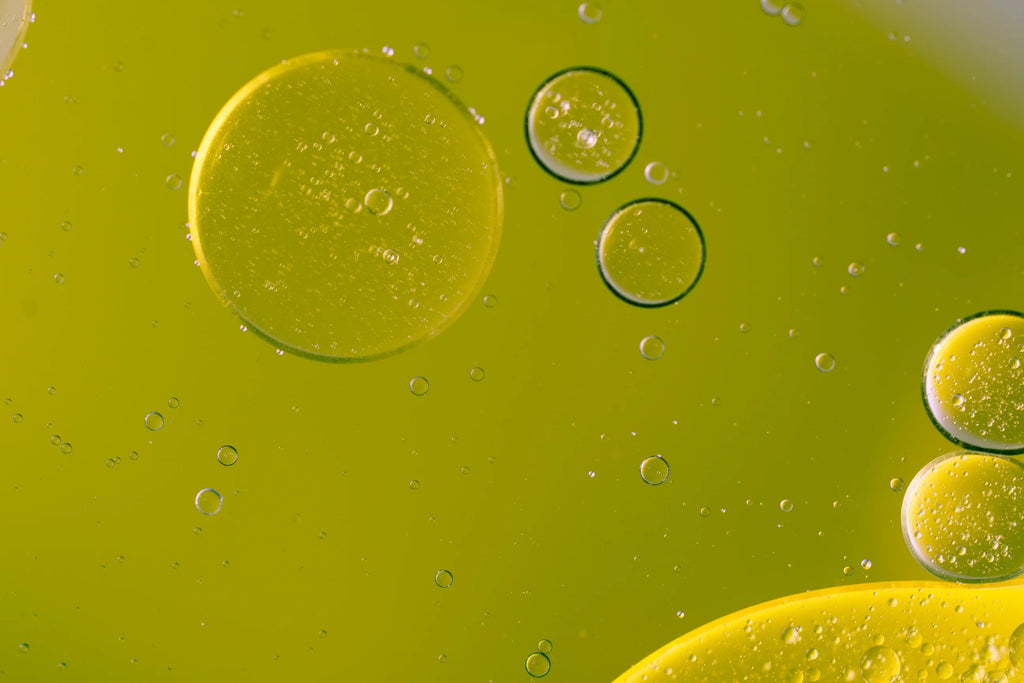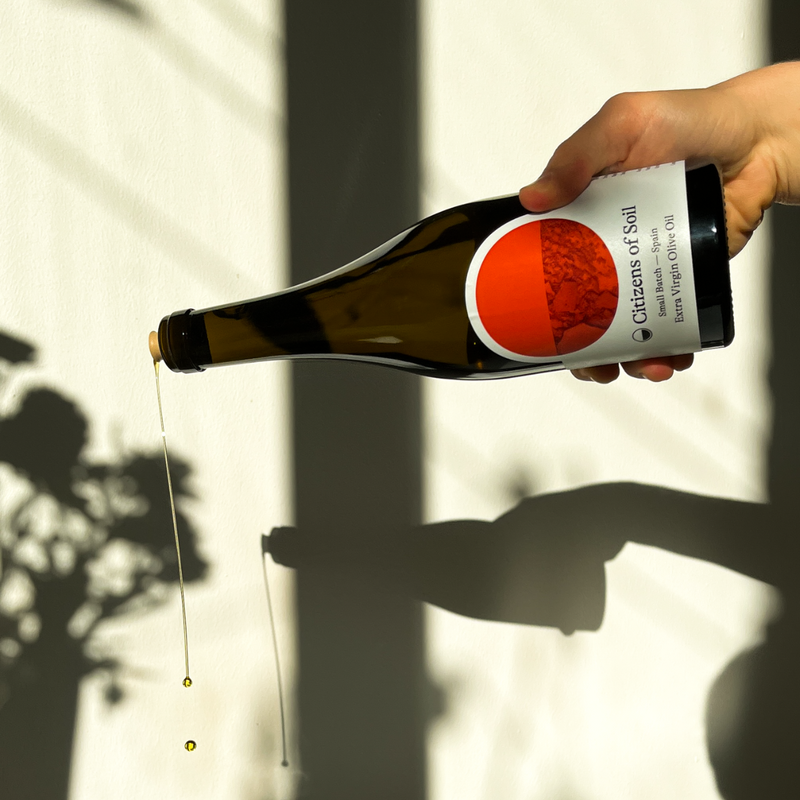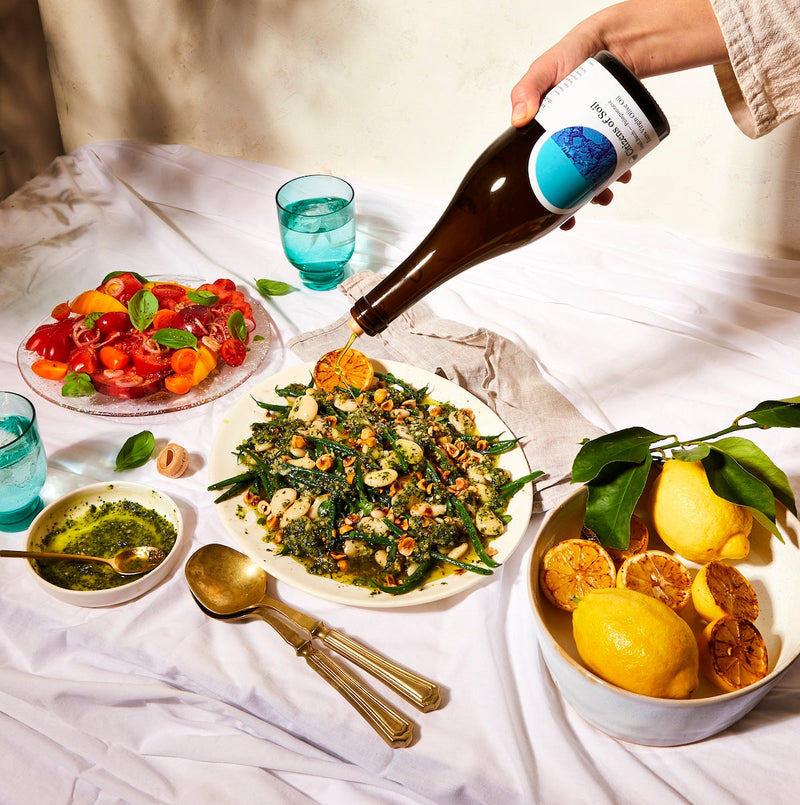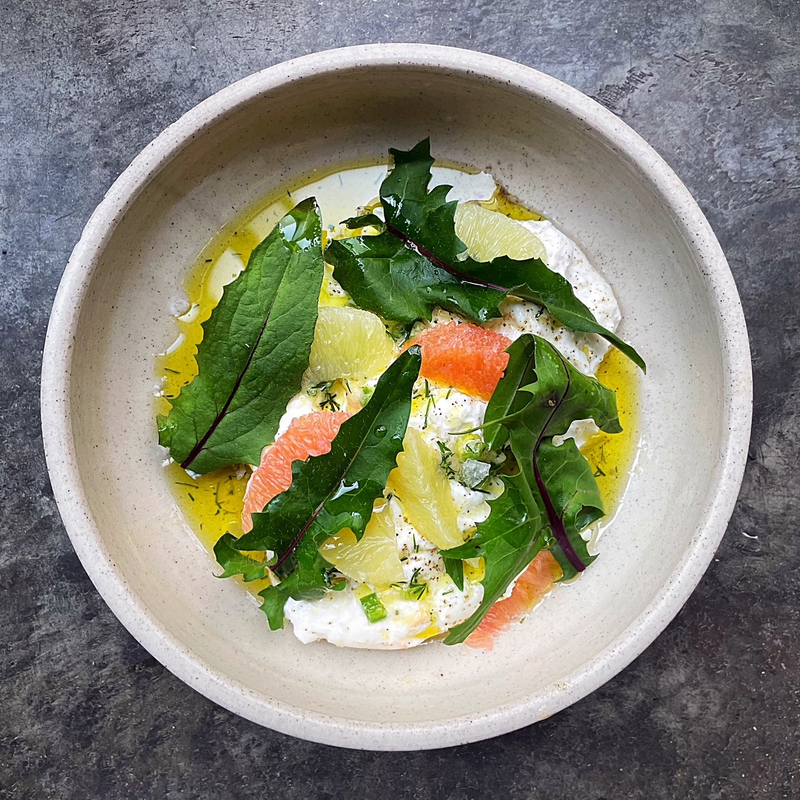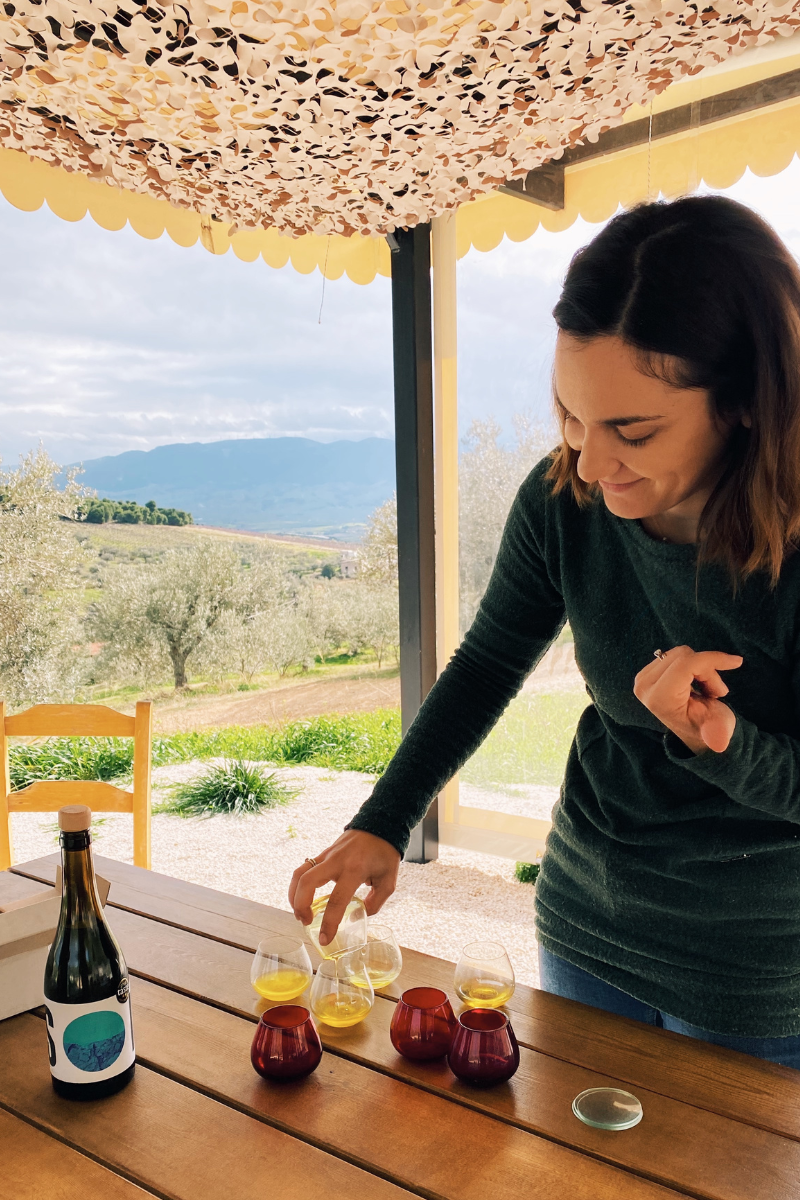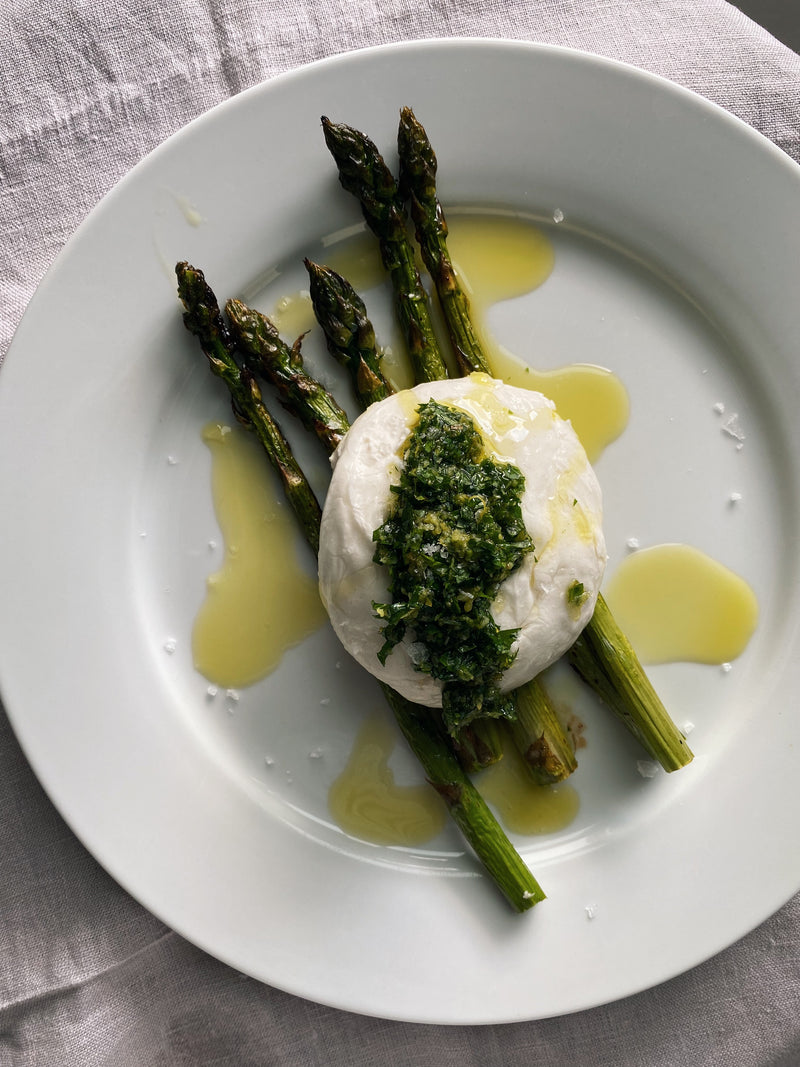Why is olive oil so expensive right now? Producers weigh in…
The whole olive oil industry is in flux this year, with soaring prices, global shortages, and an ever-increasing demand for the good stuff. So let’s talk about what’s going on and if there’s any signs of prices going back down.
As we were in Crete harvesting what little fruit was in Christina’s groves back in November, our phone rang from another producer, Marianna, in the Peloponnese. She was fighting back tears.
We’d had chats throughout the season and we were aware the harvest would be down significantly due to droughts, but this time—it was a storm that took out what was left of Marianna’s tiny remaining harvest.
It all started to collapse from there.
It felt like we were being hit by Biblical plagues.
One after another, small producers across the Mediterranean started sharing their updates from one of the most difficult harvests they’d ever experienced.
In rural villages across Greece, the elders in the villages were saying this harvest was unlike anything in living memory.
The perfect storm of a mild winter and early spring, which pushed the trees to flower too early, only to be knocked out by storms while they were too delicate in the season. This was followed by extreme heat and drought (sometimes accompanied by fires) throughout the summer.
In the autumn, when there was already a low amount of fruit on the trees, storms swept in causing everything from hail and winds that stripped the olives out, to muddy fields and rotting fruit from too much damp.
And then came the olive flies.
Yet, this year’s bad weather alone isn’t to blame for the rising cost of olive oil.
Here are the top reasons, in order of impact, of what small producers say is causing the price on the shelves to go up everywhere:
1) The climate crisis, prolonged droughts, and burning groves.
It’s not just a single year of bad weather. It’s year after year of weather patterns changing the very climate and ecosystems of particular regions.
For example, Spain’s drought this past year wasn’t as bad as the previous year—but the country is still in the grips of a multi-year drought.
This made groves like kindling as Europe’s largest wildfire ever recorded blazed through Greece this year destroying thousands of trees, with a smaller one in Rhodes destroying some 50,000 olive trees alone on just that one island.
But this isn’t only a problem of water; it’s also when the water comes.
Rains and temperatures at the wrong time of the year throw off pollination cycles. Just this spring in Spain, they had an unexpected late freeze, risking the flowering for the whole next year of olive oil production in a region.
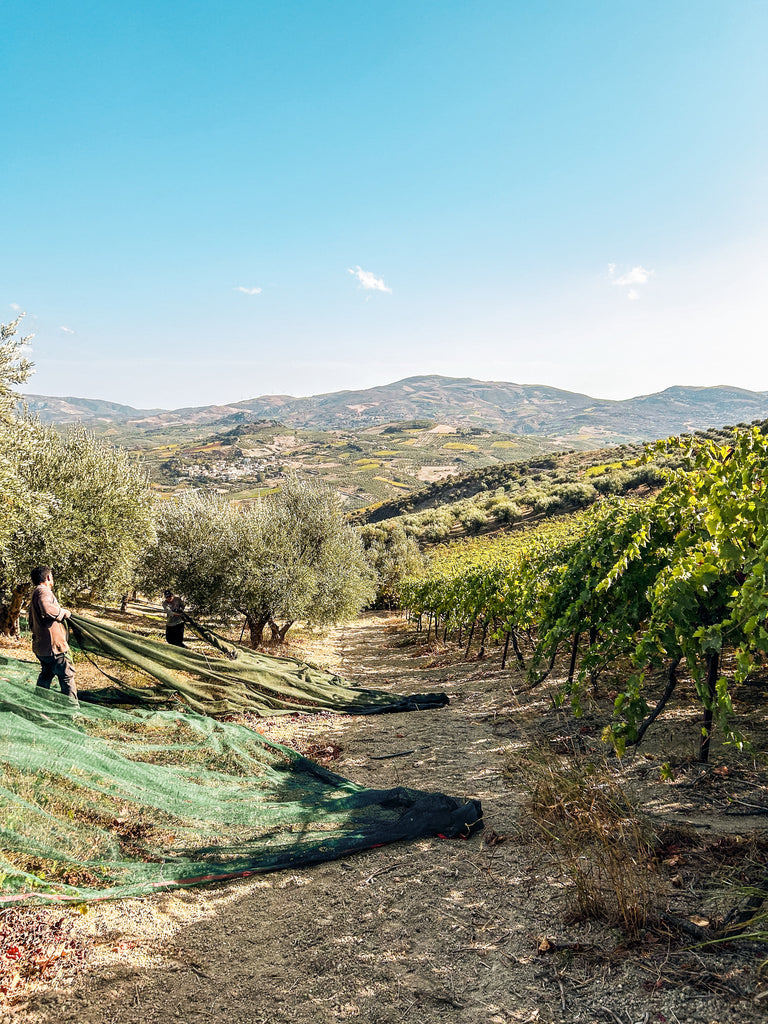
2) Prices are climbing for producers.
"Initially, it was the (Ukraine) war with the increase in the cost of raw materials and services (organic nutrients and fertilisers, glass, petrol, aluminium, stainless steel, electricity, etc), then the drought, and consequently the lack of olives, caused labour prices to skyrocket," explains Ana, our producer in Alentejo, Portugal.
It’s also worth noting that the input costs for farmers all year long don’t change just because they only get 20% of their normal yield.
As we harvested in Greece this year tree after tree that had a fraction of as many olives as years past, it became obvious how inefficient a low volume of fruit can be when you factor in labour and production costs.
Some producers decided this expense wasn’t even worth it, since they knew consumers wouldn’t pay the price tag required to fill the bottle.
When all was said and done, Marianna’s groves were down some 90% in the Peloponnese. It was heart-breaking.
3) Meanwhile, demand has never been higher.
All of these compounding shortage factors are hitting at a time when extra virgin, in particular, is growing massively in use on a global level, primarily driven by the health benefits.
Known since antiquity as a nutrient-rich “superfood”, extra virgin olive oil is hitting new levels with a heap of awareness and research around its anti-inflammatory properties. EVOO has scientifically-proven benefits for everything from heart to brain to gut health.
Now we have social media and celebrity endorsements that have led to “bio hackers” and nutritionists alike sharing tips for using this liquid gold as a staple of your diet.
4) The ongoing wars.
We all know that the effects of war stretch far beyond any borders. What’s happening in the Middle East is significant and obvious, but even the war in Ukraine disrupted the wider edible oils category due to its production of sunflower oil.
Once this common refined oil dropped out of the market, there was a scramble with the commodity players snatching up refined olive oil and finding other solutions.
5) The virus that’s killed more than 20 million olive trees.
Let that sink in. Some 21 million olive trees have been destroyed in Puglia, Italy’s largest producing region, by a virus called Xylella Fastidios.
Beyond just industrial estates, it’s destroying ancient groves and creating what’s been called the "the great olive massacre."
6) Brexit complications and added expense and hassles importing into the UK.
You’ve no doubt seen the headlines, but the process to get goods from the EU into the UK (and vice-versa) isn’t as easy as it once was.
Not only is the effort and expense more, but there’s still an overhanging amount of chaos and changes unfurling, which means it’s often not worth it.
This is particularly hard on small producers, or even just people who want to share their harvest back with friends and family in the UK. We hear from many a small-batch farmer who used to sell directly into the UK, but now no longer can.
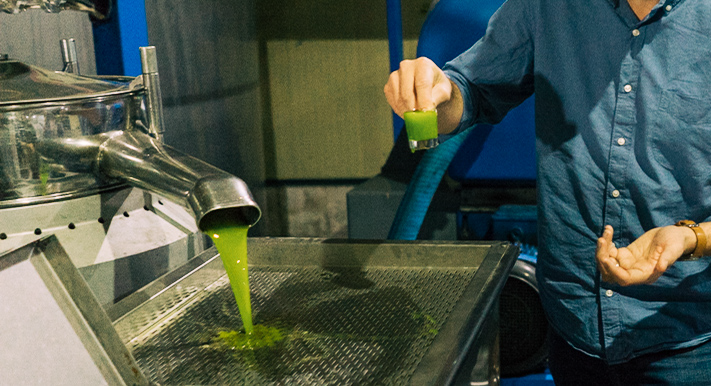
7) People taking advantage and boosting up their prices just because.
This year, with all the talk of prices going up, everyone from labour to middle-men were looking to charge more.
Here’s the thing: normally, farmers don't get a lot of money. This is a commodity system where there are prices set by the market. There’s been EU subsidies, but sadly, being a small-batch farmer isn’t a very profitable lifestyle. Ends are often not met.
So this year, as prices spiked, many held back their production to see how high it would go. And this, in turn, only increased the shortages, making the price soar with so much uncertainty around supply.
Of course, some farmers, particularly quality ones who already had an established price which covered them, did sell and get those oils to market. But for farmers who live by those commodity prices, they sat on the oil and waited. And some still are doing just that.
8) Organised crimes and opportunistic stealing.
Around half of the farmers we work with have a story to tell about thieves stealing their liquid gold.
Sometimes it's the oil itself, or the olive fruit at the groves, or even an *insane* story from one of our producers about thieves coming in the night and uprooting 200 freshly planted trees!
It’s also happening now in supermarkets with the price so high that the rates of theft are going up as this household staple becomes a luxury.
Will prices go back down again?
It’s hard to know for sure, but we don’t see it settling down anytime soon for extra virgin olive oil. The demand is just too high for quality oils, and there’s just not enough that can be produced currently.
Yields are decreasing and the climate is in a crisis, shifting patterns and making even the oldest of industries have to start fresh.
As Mariana explains, "We must be patient and become resilient as our trees... (however, this is a huge challenge!)"
And while “new world” olive oils are coming in from exciting new places like South Africa, Latin America, or even other parts of Europe like we’ve seen with wine—it’s going to take some time until the trees are at full production.
What this means for consumers...
Aside from the obvious cost-of-living increases (latest figures show UK olive oil prices are up 89%) or just trading out of the category for another type of oil (which, unfortunately, won’t hold a candle to EVOO when it comes to nutrition), there’s also a big issue with just bad oil.
As we often bang on about at Citizens of Soil, extra virgin olive oil is a fresh fruit juice. It’s only got a shelf-life of 18-24 months from the harvest date.
Right now, we see producers selling their previous harvest’s oil, or holding it back for six months or more, which means it could take ages to get to the final supermarket shelf.
This is why we don’t trust “best before” dates since they only represent when an oil was bottled, not when it was made. And in times like these where people hold back bulk oil until the price is right—it means consumers are ending up with flat, old oils.
When extra virgin olive oil isn’t fresh, it not only loses its flavour but also a lot of the health benefits (namely antioxidants like polyphenols) which drop significantly over time.
So now back to what we’re seeing here in the UK...
All of this is resulting in loads of corners being cut to stretch the oil or cash in on sometimes poor quality oils (this always happens, but this year bad oil was super lucrative).
As a consumer, your real defence against this is simple:
- Buy from brands that are transparent and traceable with things like regions, harvest date, and quality.
- Educate yourself on what good olive oil should taste like. We do workshops, but we have shared some tips here.
- Support producers who are actively fighting the climate crisis through techniques like regenerative farming.
And if you'd like to give a farmer a little extra, there's a great way to support which also involves travelling to their beautiful groves just like you would visit a winery. "We are talking about a family income being dependant on such an unstable period.. so tours and tastings are a life saver currently for us here," Marianna explains.
Lena, our Croatian producer, goes on to say that "We make little profit on oil only, so it's the additional services through Oleotourism, such as guided tastings, tours and visits that get us through."
To learn more with us, take a look over at our Olive Oil 101 section of our blog or join our Olive Oil Club to discover the best extra virgin olive oils curated by our founder and EVOO sommelier, all from outstanding producers who align with our ethos.








